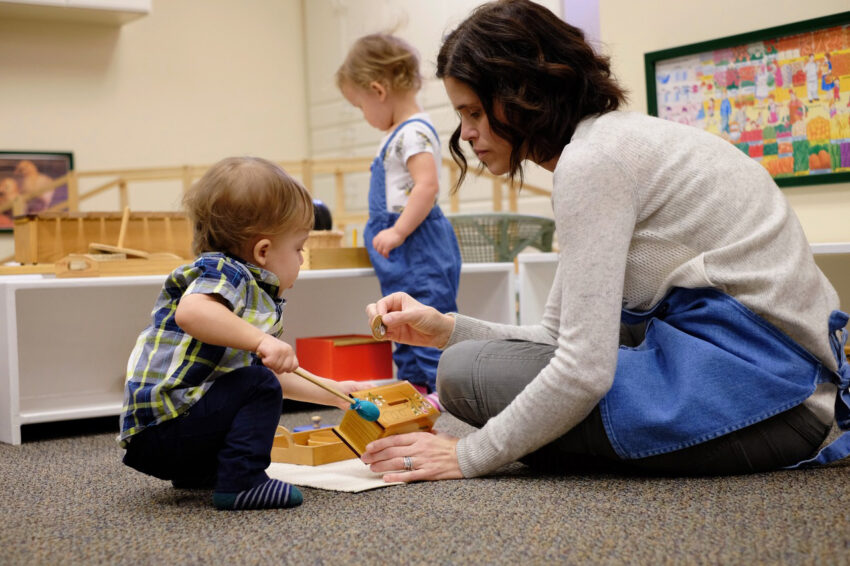Hands-On Learning: Montessori Measurement Activities for Young Explorers
Montessori education is well-known for its emphasis on hands-on learning and independence. By providing children with opportunities to explore various concepts through practical activities, Montessori education aims to foster a love for learning in young minds. Measurement is an important skill that can be taught through engaging activities, allowing children to understand the world around them in a quantitative manner. In this article, we will explore some Montessori measurement activities designed for young explorers.
Activity 1: Measuring Length with Popsicle Sticks
Using popsicle sticks of different lengths, children can explore the concept of length measurement. Start by introducing the concept of units of measurement such as inches or centimeters. Then, let the children measure objects of their choice by lining up the popsicle sticks alongside the object and counting how many sticks it takes to cover the object’s entire length. This activity not only helps children develop an understanding of measurement but also enhances their counting skills.
Activity 2: Estimating and Measuring Volume with Rice
Estimating and measuring volume can be a challenging concept for young children. To make it more enjoyable, fill containers of different sizes with rice and let the children estimate the volume of rice in each container. Then, provide measuring cups or spoons and guide them to measure the exact volume. This activity enables children to practice estimation skills while gaining an understanding of volume measurement.
Activity 3: Weighing Objects with a Balance Scale
Introducing the concept of weight can be done using a balance scale. Provide children with objects of varying weights and guide them in comparing the weight of different objects by placing them on the scale. Encourage them to experiment by trying to balance the scale using different combinations of objects. This activity allows children to develop their understanding of weight and balance.
Activity 4: Measuring Temperature with a Thermometer
Temperature measurement is another essential concept that can be taught using a simple thermometer. Introduce the concept of degrees and guide children in measuring the temperature of different objects or areas in the classroom. Encourage them to compare and record the temperature readings of various objects. This activity helps children develop their ability to use a scientific instrument while understanding temperature as a quantitative concept.
Activity 5: Measuring Time with Hourglasses
Teaching young children the concept of time measurement can be challenging, but using hourglasses can make it more accessible. Provide children with hourglasses of different durations and let them observe and measure intervals of time using the hourglasses. This hands-on activity allows children to practically experience the passing of time and develop their understanding of time measurement.
Montessori measurement activities provide young explorers with engaging and practical experiences that help them develop a solid foundation in quantitative concepts. By involving children in hands-on activities, Montessori education creates an environment where children can actively explore and learn about the world around them. These measurement activities not only enhance mathematical skills but also foster independent thinking and problem-solving abilities. Incorporating these activities in early education can pave the way for a lifelong love for learning and a deeper understanding of the world we live in.
Nidhin
For More Details Call: +917510220582

